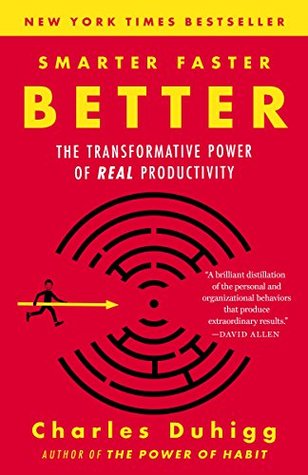Reactive thinking is at the core of how we allocate our attention, and in many settings, it’s a tremendous asset. Athletes, for example, practice certain moves again and again so that, during a game, they can think reactively and execute plays faster than their opponents can respond. Reactive thinking is how we build habits, and it’s why to-do lists and calendar alerts are so helpful: Rather than needing to decide what to do next, we can take advantage of our reactive instincts and automatically proceed. Reactive thinking, in a sense, outsources the choices and control that, in other settings,
...more
Welcome back. Just a moment while we sign you in to your Goodreads account.


